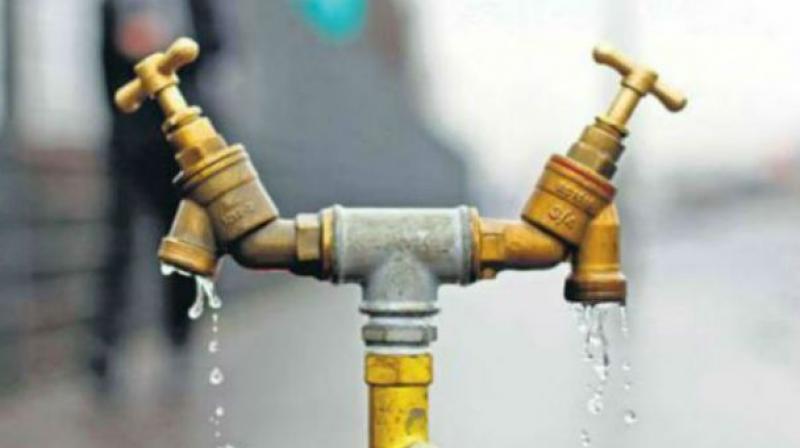Khammam: Tahsildars told to collect info on water bodies

Khammam: District is located in a semi-arid area and it has predominantly hot and dry climate. The sixth minor irrigation census has stressed that the collecting of information on water bodies should be acute and detailed. The tahsildars were asked to play a key role in collecting the information, which will be very important to Telangana in shaping the state as Bangaru Telangana.
All natural or man-made units bound on all sides with some or no masonry work and used for storing water for irrigation or other purposes including industrial, pisciculture, domestic, drinking, recreation, religious and ground water recharge, would be treated as water bodies in this Census.
These are known by different names like tank, reservoirs, ponds and bundhies.
Water bodies are areas of water, both salty and fresh, large and small, which are distinct from one another in various ways. Smaller accumulations of water, such as puddles or swimming pools are not usually referred to as water bodies in the geographical sense. Oceans, lagoons, rivers, streams and canals that are free flowing without any bound storage of water were excluded in the census.
The census of minor water bodies and a sound data base on water bodies was essential for effective planning and policy formation, experts said.
The water body located in the rural area will be noted under Code-1 and Code-2 in the urban area, he added. The enumerators should capture a photograph along with the latitude and longitude and to make that possible, a mobile friendly App was sent to the tahsildars.
“The enumerator should ensure that the photograph has been taken through mobile App and attached to the concerned water body schedule through online software. The same should be geo-tagged,” the expert said.
The chief planning officer of the district was asked to conduct training classes for the enumerators to be involved in the census which should be completed as early as possible.
The aim of the census is to make use of every drop of water because the demand for it will increase in future.
The precise information of water bodies will help the government make plans on how to protect them on one side and how to make use of them on another side.

